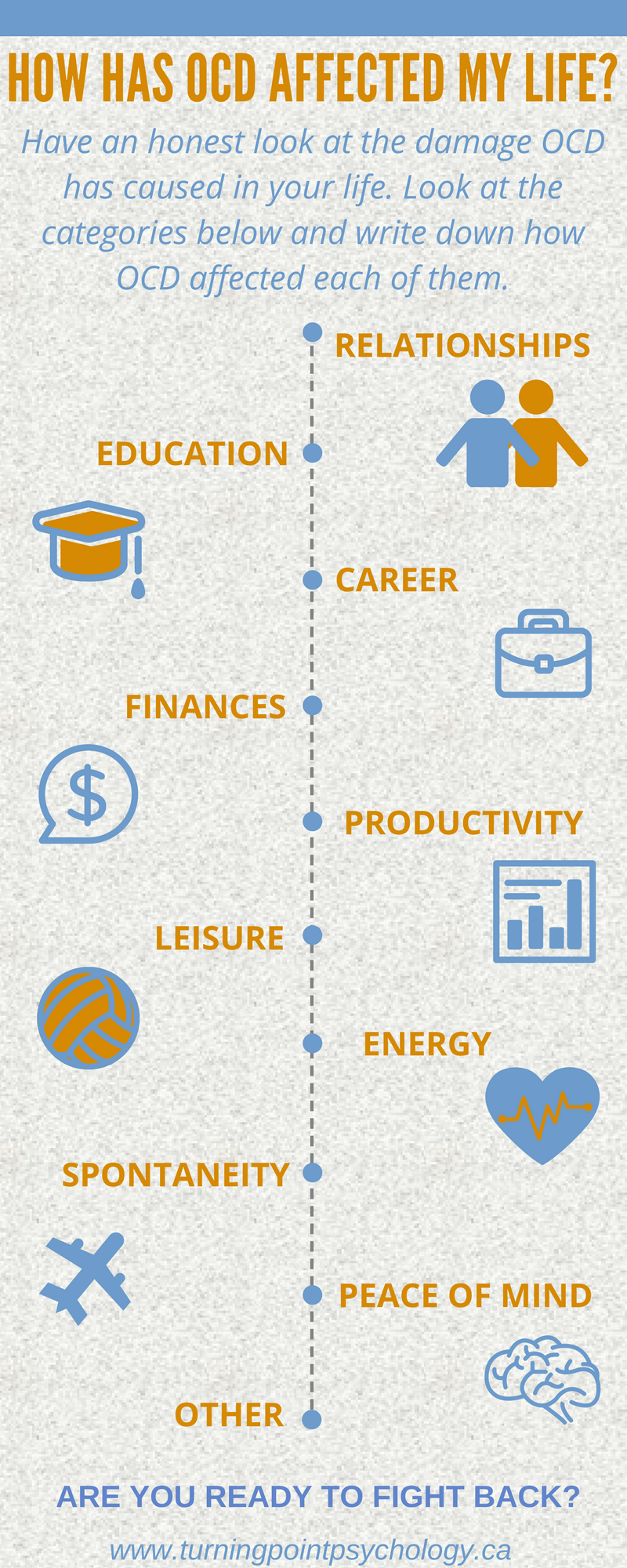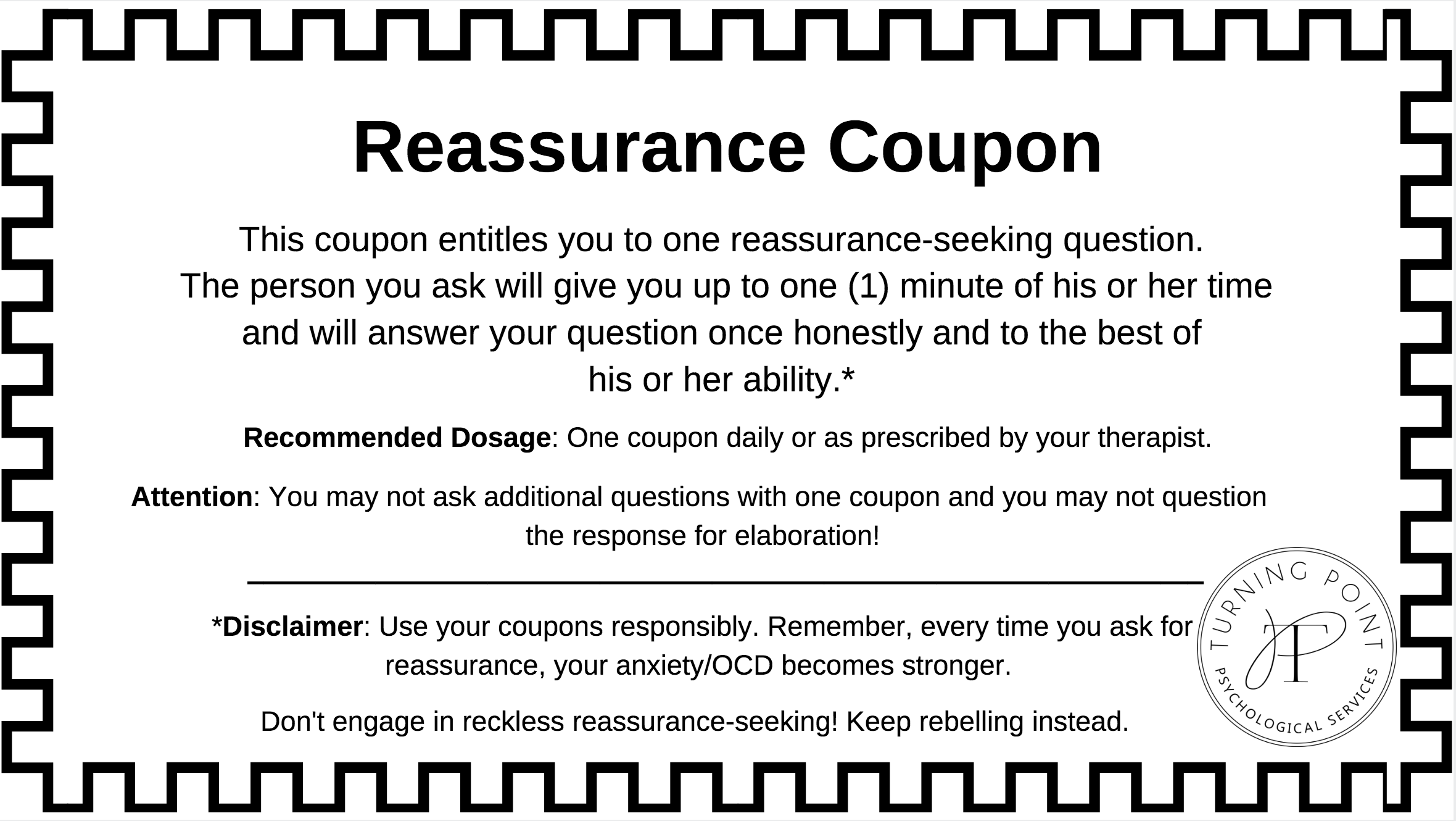Interesting posts & talks on why people hoard, fear imperfections in appearance & illness may be mental loops or glitches which The Brain Fitness Program DVD says to help remedy think: "It's not real" "Only brain talking [garbage]" "Only a nominal glitch [garbage]"
Hoarding Disorder
Hoarding disorder is defined as the acquisition of, and inability to discard, worthless items even though they appear (to others) to have no value. People with compulsive hoarding syndrome may have immense difficulty throwing anything away, from the oldest paper clip, to a used food container, to an out-of-date newspaper, for fear that they might need those items in the future. If they have any doubt at all as to the value of an object, no matter how trivial, they will keep it "just in case." Animal hoarding is when someone has more pets than they’re able to take care of and deny this inability. When an individual struggles with hoarding animals, their inability to provide nutrition, shelter and veterinary care may become prevalent through the animal.
Body Dysmorphic Disorder
Body dysmorphic disorder is a body-image condition with persistent and intrusive preoccupations with an imagined or slight defect in one's appearance. Those struggling with BDD dislike area(s) of their body. In reality, the alleged defect may be a minor imperfection or even nonexistent. For the person with BDD, the flaw is significant and projecting, often causing severe emotional distress and difficulties in daily functioning. For more information see Body Dysmorphic Disorder (BDD)
https://www.turningpointpsychology.ca/blog/illness-anxiety-how-to-treat-it
Here are Six Steps to Dealing with Illness Anxiety:
1. Write a list of what you have sacrificed to illness anxiety so far. Be as specific as possible. How has it affected your relationships? Your productivity? Your ability to have fun? Your finances?
It may take you a few days to complete the list as you may not be immediately aware of all the areas of your life that have been affected.
Review your list and reflect on whether the price that you are paying for your seeking health-related certainty is too high. Are you willing to start rebelling against your illness anxiety to reclaim your life?
The list is a reminder that it is not the feared disease that is ruining your life; it’s your illness anxiety that is currently causing your suffering.
Keep the list handy and refer to it for motivation when you practice the strategies below.
2. Write a list of all the things you have been doing to try and reduce your anxiety. Try to write down as many examples as possible. Refer to the “Typical Illness Anxiety Behaviours” section above for help.
Again, it may take you several days to identify most of the external and internal compulsions that you have been doing.
Now, assess whether any of these compulsions have brought you long-term relief from your illness anxiety.
3. Eliminate, or at least significantly reduce your rituals and habits. Will it be easy? Of course not. You know that the urge to check or ask for reassurance is overwhelming. You also know that the sense of terror and urgency you experience when you feel you may get the dreaded disease is difficult to endure. But, nevertheless, with practice, it is possible to reduce illness anxiety behaviours. Moreover, as you continue reducing the rituals, you will start experiencing a sense of mastery, well-being, and pride as illness anxiety obsessions will push you around less and less.
You can eliminate the behaviours in a cold-turkey approach or gradually. It’s really up to you.
If you decide to proceed slowly, you can start by reducing the frequency of rituals by a third every week or every couple of weeks until you stop doing them completely.
Some examples:
- If you currently check your symptom 30 times a day, start by reducing the checking to 20 times. You can put checkmarks or numbers in a Notes app on your phone to count the checking.
- Talk to your doctor and explain that you are trying to overcome your illness anxiety. Ask the doctor for guidelines on how many visits a year a person with your health history typically needs. Then, start working toward that number of visits.
- Reduce the number of times per week (or per day) you ask for reassurance. You can print out these reassurance coupons and limit yourself to eight coupons per week. Please read the instructions for using the coupons here.
- Cut out all health-related internet searches.
Of course, every single illness anxiety sufferer will wonder, “But what if it’s a slippery slope? What if in the course of trying to overcome my illness anxiety, I do miss an important symptom? What if I’m actually right that I’m sick?” The answer is -- this is always a possibility and this is a risk that you have to take to reclaim your life.
When you question yourself like this, review your list of things that you have lost to your illness anxiety. Are you willing to continue giving them up? If not, you have to accept that life is not risk-free. To help yourself with that, proceed with the next step and …
4. Challenge your need to have certainty (This is the intolerance of uncertainty thinking trap that was mentioned earlier)
The usual pattern of coping with uncertainty is trying to achieve certainty by all means, such as attending doctors’ appointments, checking and monitoring the symptoms, asking for medical tests, seeking reassurance, etc. Unfortunately, as you learned the hard way, this sense of certainty that you are after is ever elusive and, even if you feel some relief after being reassured, it is short-lived.
A much more effective strategy is to work on increasing your tolerance of uncertainty. After all, everything in life is uncertain. Absolute certainty is an illusion. It doesn’t exist.
We accept the uncertainty and the risks associated with it every time we drive, cross bridges, take elevators, eat in restaurants, and send our kids to school. In order to overcome illness anxiety, it is crucial to accept health-related uncertainty as well. Read more about tolerating uncertainty here.
5. Learn strategies to disengage from intrusive, health-related thoughts as you go about your day. If you have an intrusive fear-driven thought, say, “I’m noticing that I’m having a thought that this mole may be cancerous.” The anxiety may or may not subside. It doesn’t matter if it does or not – this is not the goal here. The goal is for you to take a tiny step away from the thought instead of immediately and impulsively reacting to it.
Other disengagement strategies:
- Imagine that the thought is an annoying call by a telemarketer, which you can decide not to answer.
- Say to yourself, “Oh, this is the ‘cancer story’ again.”
- Imagine the thought being written in different fonts on a computer screen.
- Thank your mind for trying to be helpful and refocus on what you’ve been doing.
“Unfortunately, as you learned the hard way, this sense of certainty that you are after is ever elusive and, even if you feel some relief after being reassured, it is short-lived.
Important note: Disengaging or unhooking from thoughts does not equal trying to stop them. Actually, it is the opposite of thought-stopping. When you try to get rid of thoughts, this implies that they are dangerous and you need to stop them. But disengaging means allowing the thoughts to come and go without trying to do a thing about them.
6. Find a radically new way to respond to anxiety. You have tried many methods to reduce your distress by engaging in compulsions, and you know it doesn’t work in the long run. Instead of continuing to play tug-of-war with your distress, let go of the rope -- change your relationship with distress by accepting it without trying to get rid of it.
Stay with your anxiety or distress. Don’t try to push it away. Instead, let it come and go on its own. Practice it willingly. Examine your thoughts and feelings that accompany distress with curiosity.
When you become more used to not pushing your anxiety away, up the ante and start facing your anxiety on purpose. Think the dreaded thought (such as, “I may miss a symptom of cancer and it will then be too late to treat it”). Keep thinking this feared thought without resorting to any safety behaviours. This helps you learn that you can have the thought and do absolutely nothing about it.
If it’s specific places or situations that you are avoiding, then start facing them. Stop sanitizing everything, touch chairs in hospital emergency rooms, sit for an hour at a waiting room of a medical office, etc.


Comments